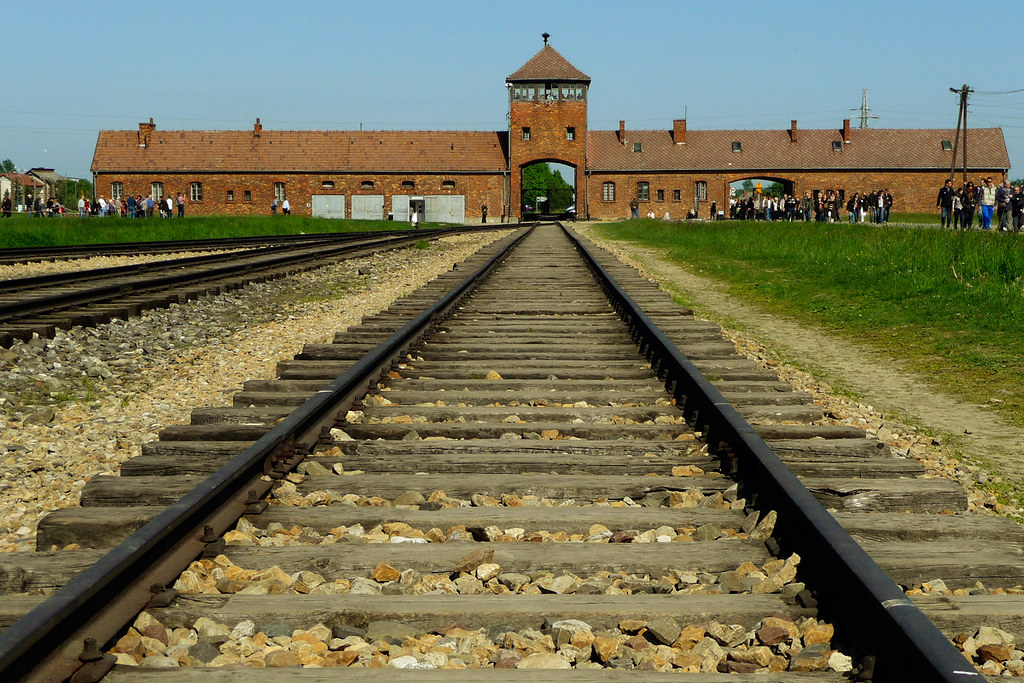
German prosecutors recently charged both a 95 year-old woman and a 100 year-old man with crimes connected to the Holocaust.
The woman, who allegedly worked as a secretary at the Stutthoff concentration camp, has been charged with 10,000 counts of accessory to murder and complicity in attempted murders.
Meanwhile, prosecutors contend that the centenarian man had worked as an SS guard at the Sachsenhausen camp and charged him with assisting in 3,518 murders. In both cases, regional courts must now decide on whether to try each individual.
These cases, more than 70 years after the end of World War II, demonstrate the evolution of Germany’s attempts to reckon with the Nazi regime as well as shifts in German jurisprudence.
After World War II, West Germany set up the Central Office for the Investigation of National Socialist Crimes in order to prosecute former Nazis. However, as Cold War tensions began to rise and domestic political sentiment in the 1960s opposed continued prosecution, the Central Office’s task began facing a backlash.
The German high court dealt the Central a further blow when it held in 1969 that working at a concentration camp was not, in itself, a justifiable reason for prosecution. Prosecutions plunged as a result of this new legal ruling.
This legal situation largely remained the status quo for decades. Only in 2007 did the Central Office reemerge into the spotlight after a case where the German courts held that Mounir el Motassadeq, who wired money to a 9/11 hijacker, could be charged an accessory to the murder of people who had died on the planes altered the legal landscape. Based on the reasoning in that case, the Central Office began recommending the prosecutions of people who had worked at the concentration camps as accessories to murder.
Following the Motassadeq ruling, prosecutors brought forward a case against John Demjanjuk, who worked as a guard at the Sobibor camp. Demjanjuk was convicted with a Munich court ruling that to work at the camps was to have been involved in the murders that took place there. Demjanjuk died while appealing the conviction before the high court could weigh in.
Since then, Germany has been grappling with a series of questions related to the prosecution of nonagenarians and centenarians for crimes committed more than seventy years previously. Prosecutors have had to decide whether to proceed with trials where there is a substantial risk the defendant will die before the entire judicial process finishes.
Additionally, recent cases have raised questions about how to treat defendants who were minors when they committed their alleged crimes. The nonagenarian secretary at Stutthof was below the age of 21 when she allegedly committed the crimes she is being charged with. Therefore, it is likely that if the prosecutors decide to bring the case to trial, she will face charges in a juvenile court, which usually carries less severe penalties if found guilty.
Looming over the Central Office is an inexorable deadline. There is no German statute of limitation for assisted murder or murder, but even the youngest alleged criminals from the World War II period are of advanced age, and the judicial process protracted.
